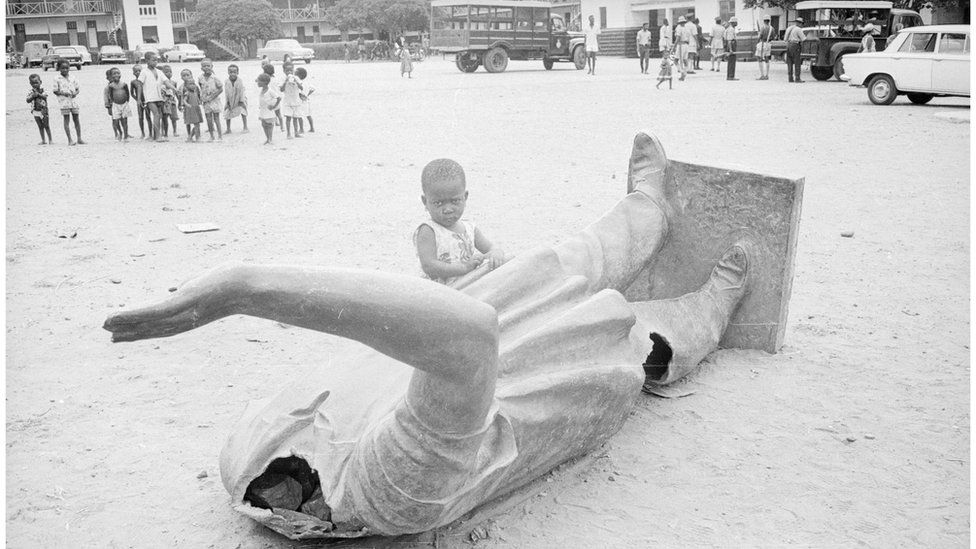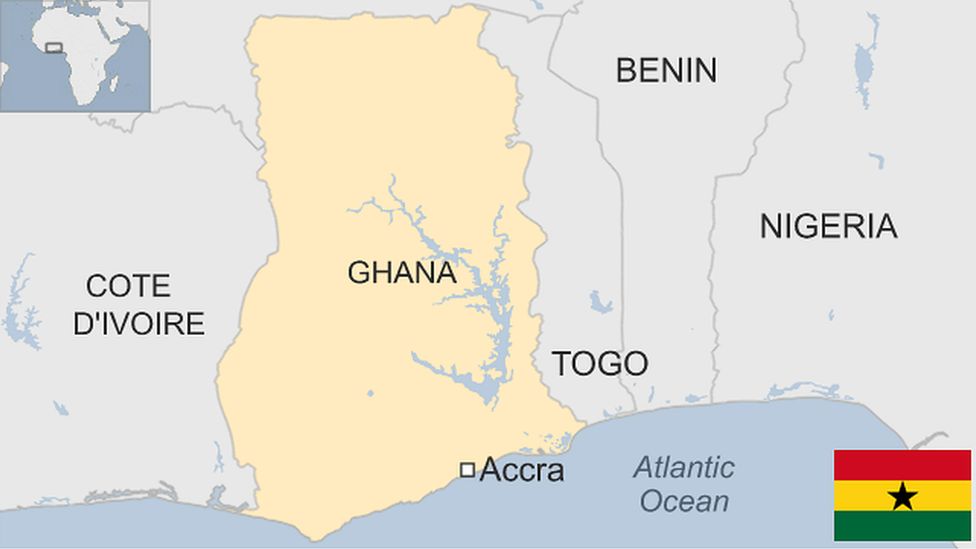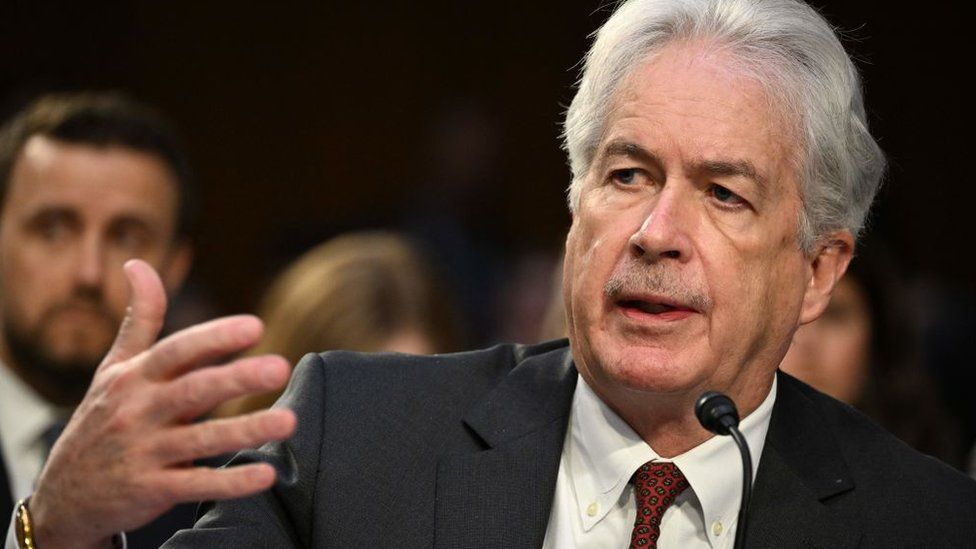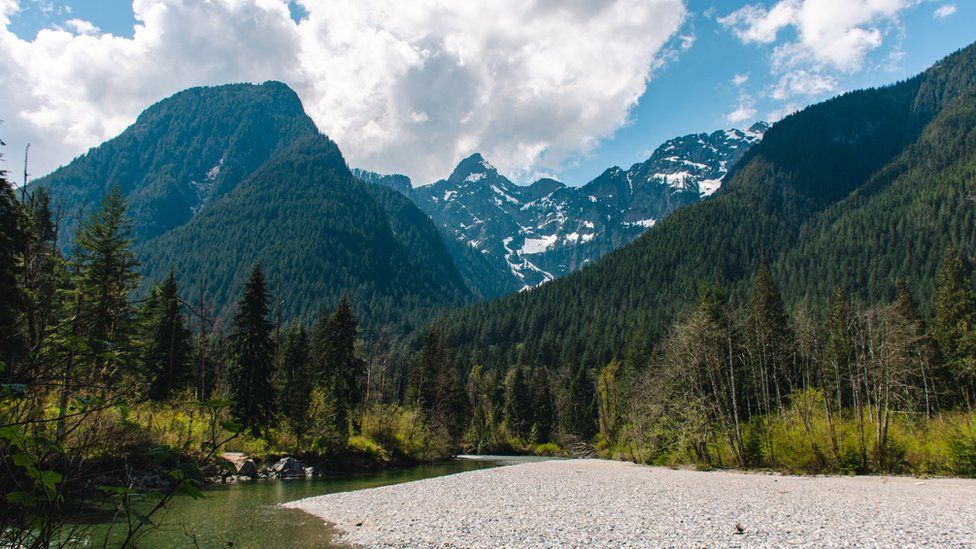Since converting to a multi-party democracy in 1992, Ghana is regarded as one of West Africa's more stable nations.
Ghana, formerly the Gold Coast, became the first country in sub-Saharan Africa to renounce colonial rule in 1957 after gaining its independence from Britain.
The mainstays of Ghana's economy are gold, cocoa, and more recently oil, which have fueled a boom in the country's economy.
The nation bears the name of a vast medieval trading empire that existed until its dissolution in the 13th century and was situated northwest of the current state.
- with capital letters. Accra.
- Area:. 238,535 sq km.
- Population:. 32.1% of a billion.
- Languages:. Ga, Gonja, Nzema, Twi, English, Dagaare, Dagbanli, Dangme, Ewe, Frafra, and Fante.
- Typical lifespan: (Men) 63 years; (Women) 65 years.
Akufo-Addo is the current president.
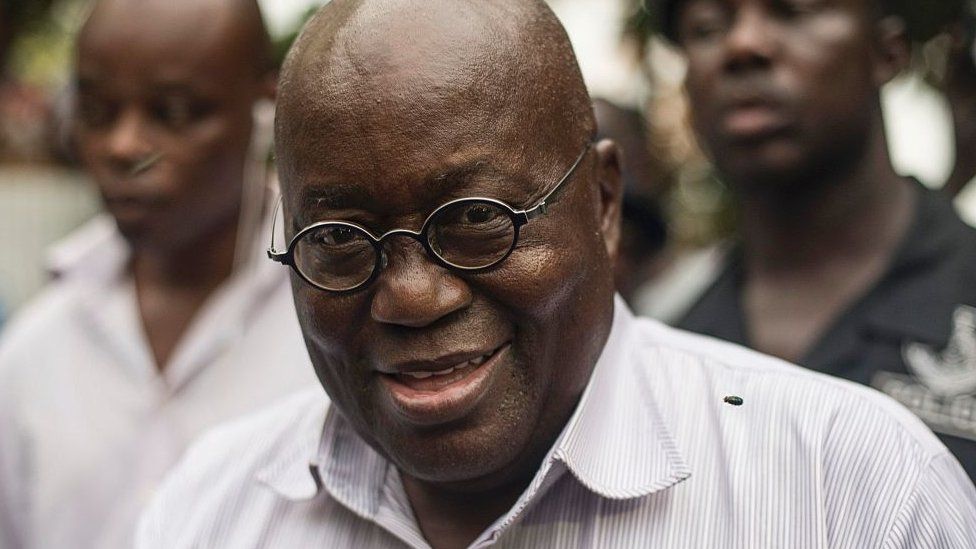
In December 2016, Nana Akufo-Addo won the presidential election by appealing to voters who were fed up with the economy's slow growth and ready for a change.
According to the nation's election agency, the learned 72-year-old human rights lawyer received 53.8% of the vote, and incumbent John Mahama conceded defeat after a fiercely contested race that was seen as a test of the country's democracy in a region rife with dictators and coups.
In December 2020, President Akufo-Addo defeated John Mahama to win reelection.
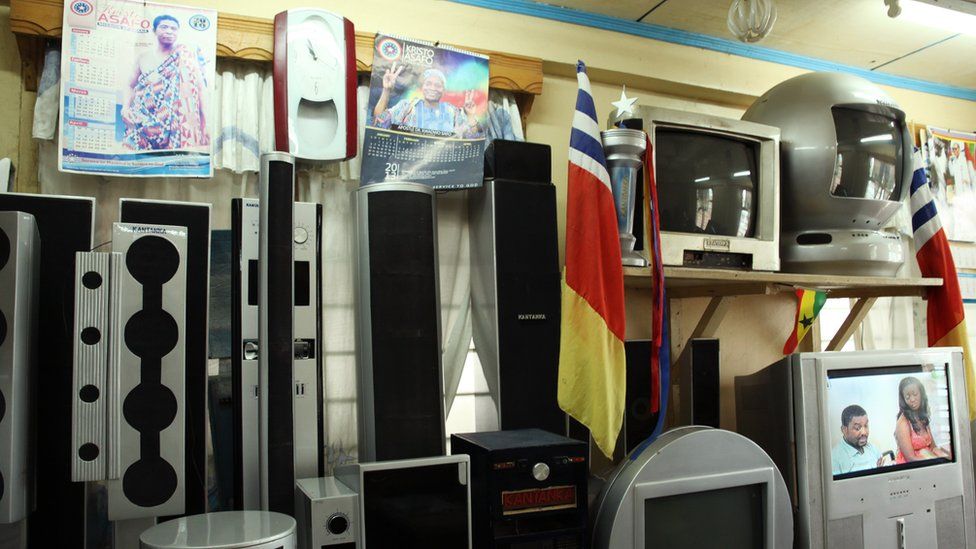
The private press and broadcasters are free to operate in Ghana, where there is a high level of media freedom.
Although increased access to TV is posing a threat to Ghana's most popular medium, radio,
Some significant dates in Ghana's history are:.
12th century -. The Akan people establish a number of states and grow the gold trade.
1482 . - Portuguese and later other European nations established trading posts to conduct gold trade with the various Akan states.
1500s . - Slave trade: Slavery replaces gold as the primary export in the area.
1600s . - The arrival of Dutch, English, Danish, and Swedish settlers causes the slave trade to become well-organized.
1642 . - The Portuguese abandon the Gold Coast and hand over control of their territory to the Dutch.
1807 . - British dominance: The British impose a ban on the export of slaves from the Gold Coast.
1874 . - The Gold Coast is formally recognized as a British crown colony.
1948 . - Rioting following the killing of three World War Two veterans by British colonial police during a protest march for financial reparations. In Ghana's fight for independence, it becomes a turning point.
1957 . - Independence for the state that is now known as Ghana, the first black nation in sub-Saharan Africa to renounce colonial rule, which sparked liberation movements across the continent. Prime Minister Kwame Nkrumah is appointed.
1964-1992. - Military rule: Because of a series of unsettling coups, Ghana is primarily a one-party state.
1992 . - New constitution; return of the multi-party system.
2007. - An important offshore oil discovery was announced.
2010 . - Offshore oil production begins, supplying one of Africa's economies with its most rapid expansion.
2017 . - A commission was established by Ghana and Ivory Coast to carry out an international decision regarding an oilfield-related maritime border dispute.
